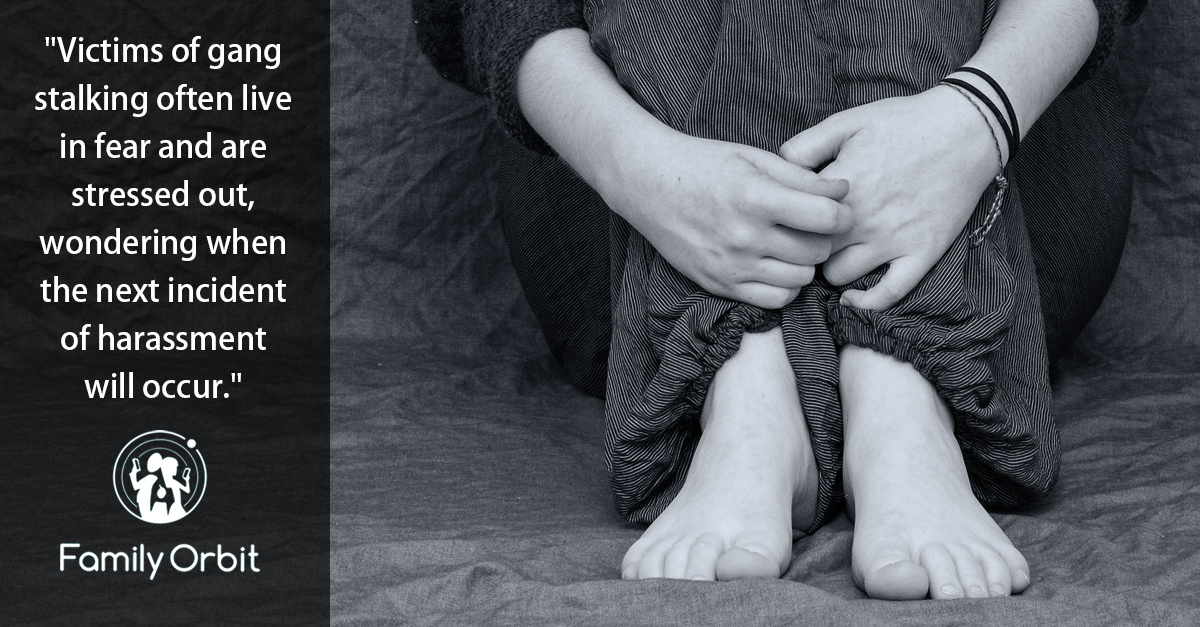Gang stalking is a form of bullying and harassment that many parents may not be familiar with. As the name suggests, it involves a group of individuals targeting a single victim. They not only stalk and harass their victim, but seek to intimidate them and make them feel emotional and mental distress at all times. Victims of gang stalking will increasingly feel a sense of fear, anxiety, and may at times even question their own sanity. Here are some ways that you can identify if your child is a victim of gang stalking:
Acting fearful
Your child always enjoyed going out and doing things with friends and family, but they suddenly don’t want to leave the home. They may act fearful when you offer them to go out somewhere, or they may even want to avoid social activities. Even worse, your child may want to stay home from school most days, and may start asking if it’s possible to skip school altogether. They don’t want to leave home alone. These would all be reasons to be concerned, and you’ll want to find out what’s keeping your child from wanting to get out and do the things that they typically enjoy.
Visible distress
Parents know their kids best, and will be able to detect even subtle changes in their mood and behavior. If you begin to see that your child is visibly distressed without an obvious reason, start asking them questions. Victims of gang stalking often live in fear and are stressed out, wondering when the next incident of harassment will occur. Your child should not be stressed for days on end. If they seem upset and even borderline paranoid, try to find out if they’re afraid of someone or something.
Avoiding their phone and the Internet
Your child’s phone rings and they jump, and simply ignore the call after looking at the screen. Your child typically enjoys playing a game on the computer, or browsing the Internet, but they have suddenly lost interest. When these types of things occur, you should be concerned. Avoiding their phone and the Internet could be signs that your child is being bullied, harassed, or stalked. This is why it’s a good idea to monitor their devices and see who is contacting them.
Try to get your child to talk
One of the features of gang stalking is that victims may feel paranoid, and may start to wonder if they’re the only ones who see what’s happening to them. If you suspect your child is being targeted, try to get them to open up and talk to you about what they’re experiencing. By understanding what they’re dealing with, you’ll be able to help them combat it. Let them know that you’re on their side and understand what they’re facing. You can then put a plan in place to document the incidents of harassment. Documenting what is happening is critical. Once you know what to look for, you can protect your child and turn to law enforcement for assistance.

